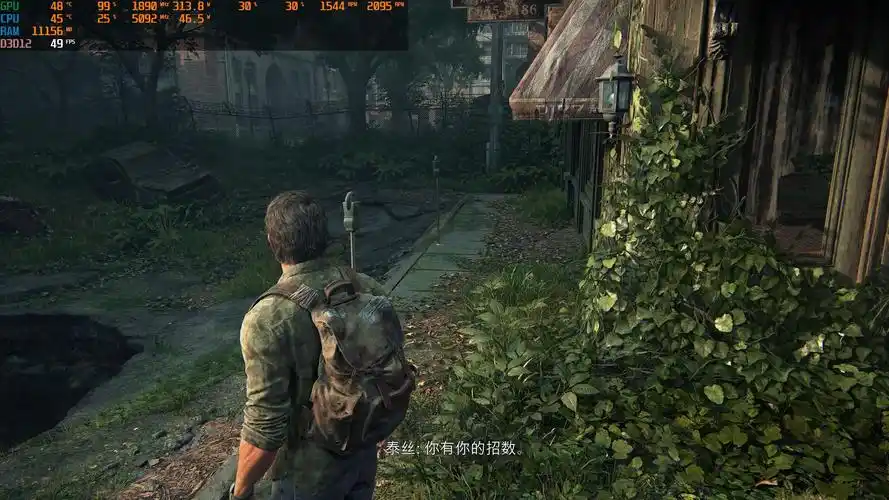Words with Friends - Puzzle Mode: Word Jumble Complexity - Reviewed
By [Your Name]
Introduction
Words with Friends, the popular word puzzle game developed by Zynga, has introduced various game modes to keep players engaged. One of the most intriguing additions is the Puzzle Mode, specifically the Word Jumble challenges. These puzzles test players' vocabulary, pattern recognition, and problem-solving skills by scrambling letters and requiring them to form valid words.
But how complex are these Word Jumble puzzles? Are they too easy, frustratingly difficult, or just right? This review dives into the mechanics, difficulty levels, and overall experience of Words with Friends' Word Jumble mode.
Understanding Word Jumble in Words with Friends
How It Works
In the Word Jumble mode, players are given a set of scrambled letters and must rearrange them to form as many valid words as possible. The puzzles vary in difficulty based on:
- Letter count (4-letter, 5-letter, or longer words)
- Complexity of combinations (common vs. obscure words)
- Time constraints (some puzzles are timed, while others allow unlimited thinking)
Players earn points based on word length and rarity, with bonuses for finding all possible words in a given scramble.
Types of Word Jumble Puzzles
- Basic Scramble – Simple puzzles with common words (e.g., "TEH" → "THE").
- Advanced Anagrams – Longer words with multiple solutions (e.g., "LISTEN" → "SILENT," "ENLIST").
- Themed Puzzles – Words related to a specific category (e.g., animals, food).
- Timed Challenges – Players must solve puzzles quickly for extra rewards.
Assessing the Complexity
1. Beginner-Friendly Puzzles
For casual players, the early levels of Word Jumble are straightforward. The game provides hints, such as highlighting possible word lengths, making it accessible even for those with limited vocabularies.
Pros:

- Great for learning new words.
- Encourages pattern recognition.
Cons:
- May feel too easy for experienced word game players.
2. Intermediate Challenges
As players progress, the puzzles introduce:
- Longer words (6+ letters).
- Less common vocabulary (e.g., "QUINT," "ZEBRA").
- Multiple valid solutions per scramble.
This level strikes a balance, offering a satisfying challenge without being overwhelming.
3. Expert-Level Difficulty
The hardest Word Jumble puzzles feature:
- Rare or obscure words (e.g., "XYLOPHONE").
- No hints, forcing players to rely on their own knowledge.
- Time pressure in competitive modes.
Pros:
- Rewards deep vocabulary knowledge.
- Appeals to competitive players.
Cons:
- Can be frustrating if players get stuck.
- Some words may feel unfairly obscure.
Player Feedback & Reception
Positive Reactions
- "Addictive and mentally stimulating!" – Many players enjoy the cognitive challenge.
- "Great for improving vocabulary." – Educational benefits are a major plus.
- "Variety keeps it fresh." – Different puzzle types prevent monotony.
Criticisms
- "Some words are too obscure." – Players dislike when solutions include rarely used terms.
- "Timed modes can be stressful." – Not everyone enjoys the pressure.
- "Needs better hints for tough puzzles." – Some suggest dynamic hints based on player performance.
Tips for Mastering Word Jumble
- Look for Common Prefixes/Suffixes – Words often start or end with familiar segments ("UN-", "-ING").
- Rearrange Consonants and Vowels – Grouping vowels together can help spot word structures.
- Use the Shuffle Button – The game allows reshuffling letters for a fresh perspective.
- Start Small – Find shorter words first, then build up to longer ones.
- Play Daily – Regular practice improves speed and recognition.
Final Verdict
Words with Friends’ Word Jumble mode offers a well-balanced mix of fun and challenge. While beginners may find early puzzles too simple, the increasing difficulty ensures long-term engagement. The occasional obscure word can be frustrating, but overall, it’s a rewarding experience for word game enthusiasts.
Rating: 4.5/5
Tags
WordGames #WordsWithFriends #PuzzleMode #WordJumble #GameReview #VocabularyGames #Zynga #MobileGames
Would you like any modifications or additional sections? Let me know how I can refine this article further!


















